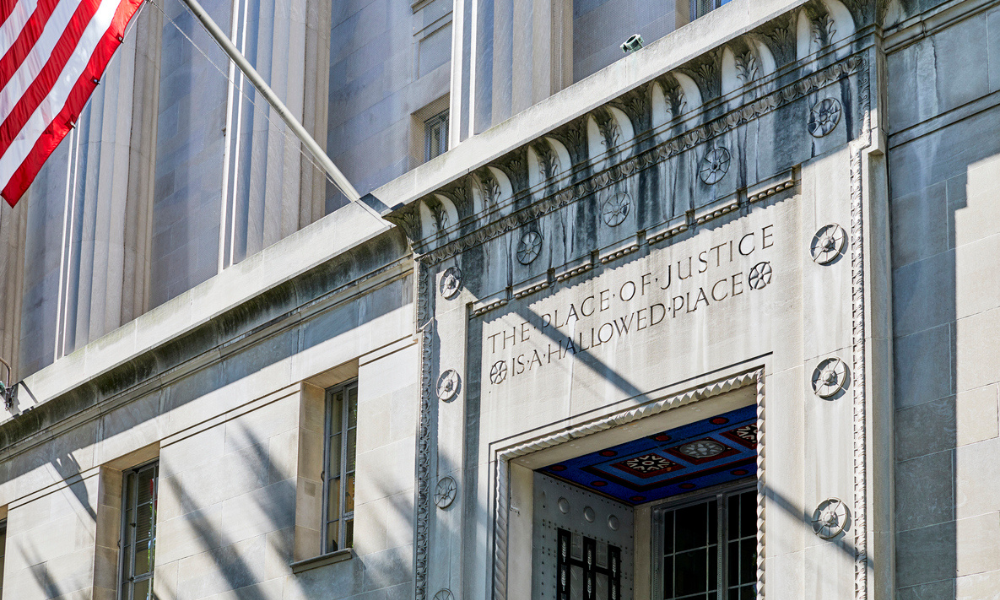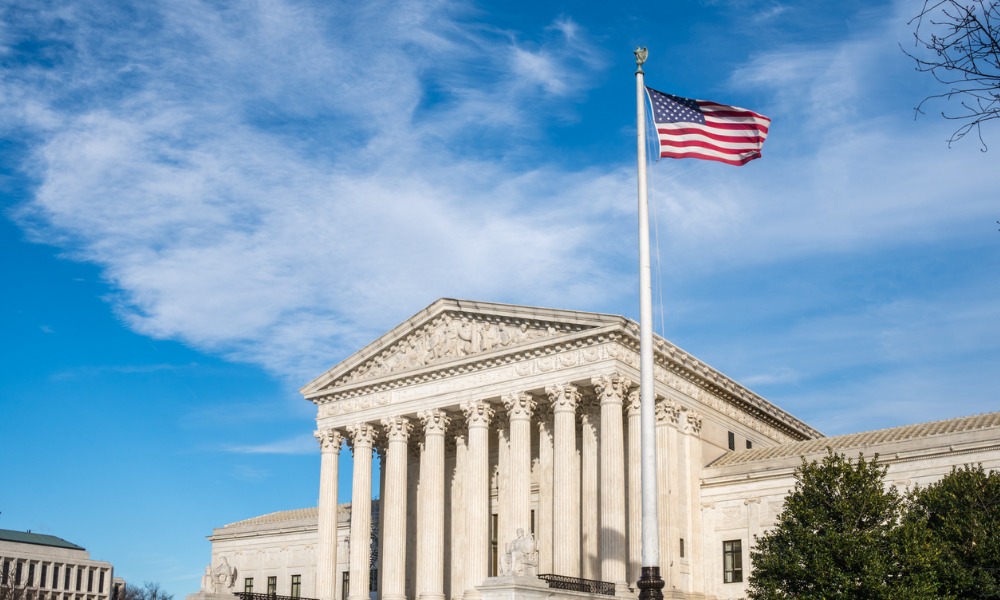OTTAWA — The Supreme Court of Canada blocked on Thursday the extradition to the United States of Abdullah Khadr, a Canadian wanted by Washington on terrorist charges.
Khadr, 30, who told CBC-TV before being detained in Islamabad in 2004 that every Muslim dreams of being a martyr for Islam, is accused by Washington of supplying missiles to al-Qaida in Pakistan and conspiring to murder Americans abroad. His brother Omar is in prison at Guantanamo.
The Supreme Court refused on Thursday to hear an appeal — launched on behalf of the United States — of lower court decisions that had stopped proceedings for his extradition. That brings the United States to the end of the legal road in Canada.
The high court did not give a reason for its decision. But the Ontario court that first quashed his extradition had ruled that Khadr's human rights, including access to Canadian diplomatic counsel, had been unjustifiably violated after his arrest by Pakistan's Inter-Services Intelligence Directorate.
The United States paid $500,000 to the Pakistanis to abduct him in Pakistan in October 2004. For 14 months he was held secretly in that country, where he alleges he was tortured.
According to documents before the Supreme Court, after the Pakistanis had exhausted Khadr as a source of anti-terrorism intelligence, they were ready to free him. But Washington insisted they hold him for another six months, while it held an investigation and started the extradition process.
He was allowed to return in December 2005 to Canada, where he was soon arrested at the request of the United States.
The Canadian government was the actual party that appealed the lower court decisions to the top court, acting on behalf of the United States.
The Khadr family had close ties to Osama bin Laden, living at his compound in Afghanistan before the Sept. 11, 2001 attacks on the United States.
Abdullah's father, Ahmed, was arrested in Pakistan in 1995 in connection with a bomb at the Egyptian embassy in Islamabad, then freed at Canada's request. He was killed in a gun battle in Pakistan in 2003.
Abdullah's brother, Omar, pleaded guilty in October 2010 to a series of charges, including an admission under a plea deal that he was an al-Qaida conspirator who murdered a U.S. soldier. Under a deal agreed at his sentencing, he is eligible to be sent home to Canada at some point to serve his sentence.
Khadr, 30, who told CBC-TV before being detained in Islamabad in 2004 that every Muslim dreams of being a martyr for Islam, is accused by Washington of supplying missiles to al-Qaida in Pakistan and conspiring to murder Americans abroad. His brother Omar is in prison at Guantanamo.
The Supreme Court refused on Thursday to hear an appeal — launched on behalf of the United States — of lower court decisions that had stopped proceedings for his extradition. That brings the United States to the end of the legal road in Canada.
The high court did not give a reason for its decision. But the Ontario court that first quashed his extradition had ruled that Khadr's human rights, including access to Canadian diplomatic counsel, had been unjustifiably violated after his arrest by Pakistan's Inter-Services Intelligence Directorate.
The United States paid $500,000 to the Pakistanis to abduct him in Pakistan in October 2004. For 14 months he was held secretly in that country, where he alleges he was tortured.
According to documents before the Supreme Court, after the Pakistanis had exhausted Khadr as a source of anti-terrorism intelligence, they were ready to free him. But Washington insisted they hold him for another six months, while it held an investigation and started the extradition process.
He was allowed to return in December 2005 to Canada, where he was soon arrested at the request of the United States.
The Canadian government was the actual party that appealed the lower court decisions to the top court, acting on behalf of the United States.
The Khadr family had close ties to Osama bin Laden, living at his compound in Afghanistan before the Sept. 11, 2001 attacks on the United States.
Abdullah's father, Ahmed, was arrested in Pakistan in 1995 in connection with a bomb at the Egyptian embassy in Islamabad, then freed at Canada's request. He was killed in a gun battle in Pakistan in 2003.
Abdullah's brother, Omar, pleaded guilty in October 2010 to a series of charges, including an admission under a plea deal that he was an al-Qaida conspirator who murdered a U.S. soldier. Under a deal agreed at his sentencing, he is eligible to be sent home to Canada at some point to serve his sentence.







